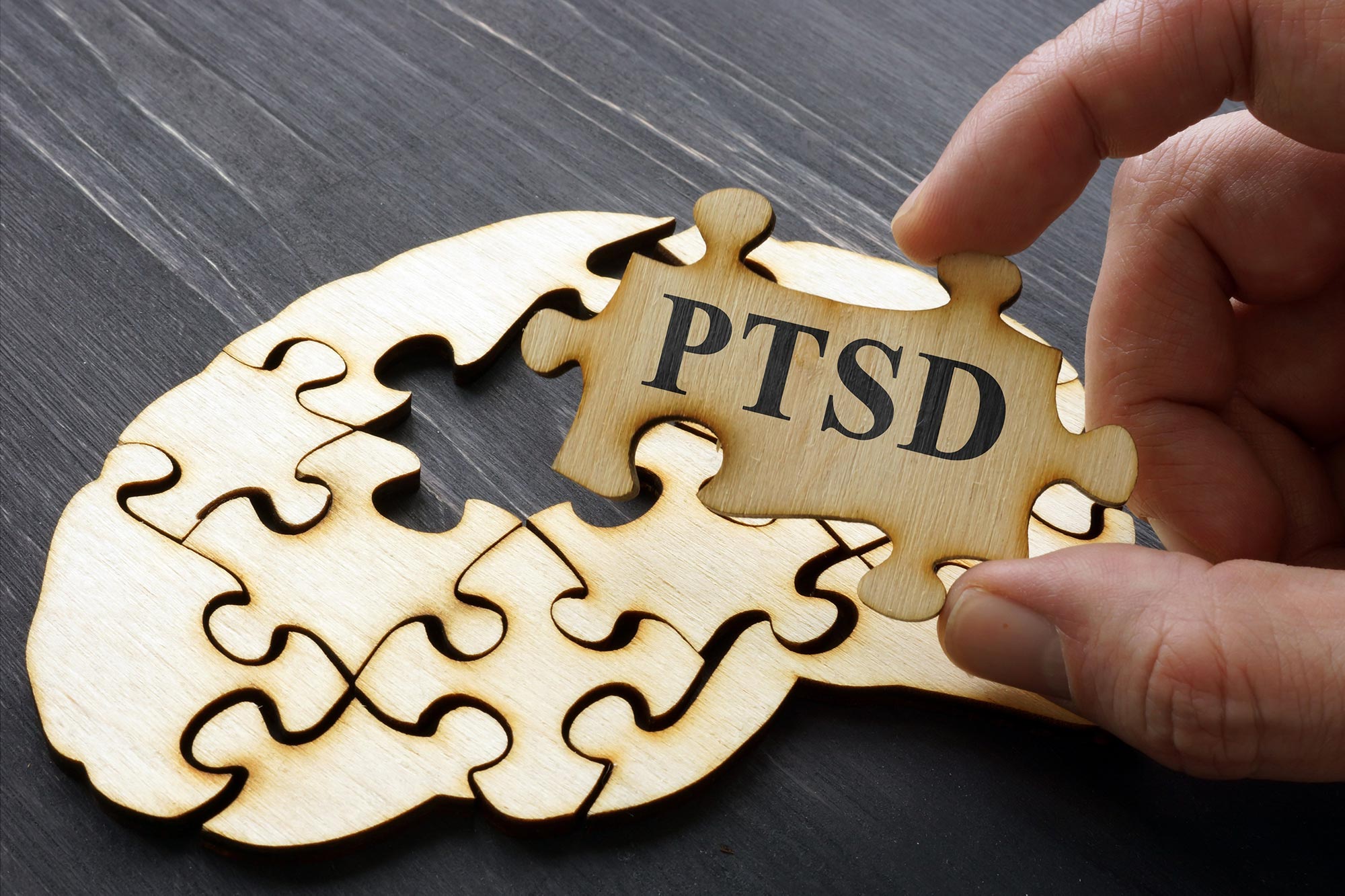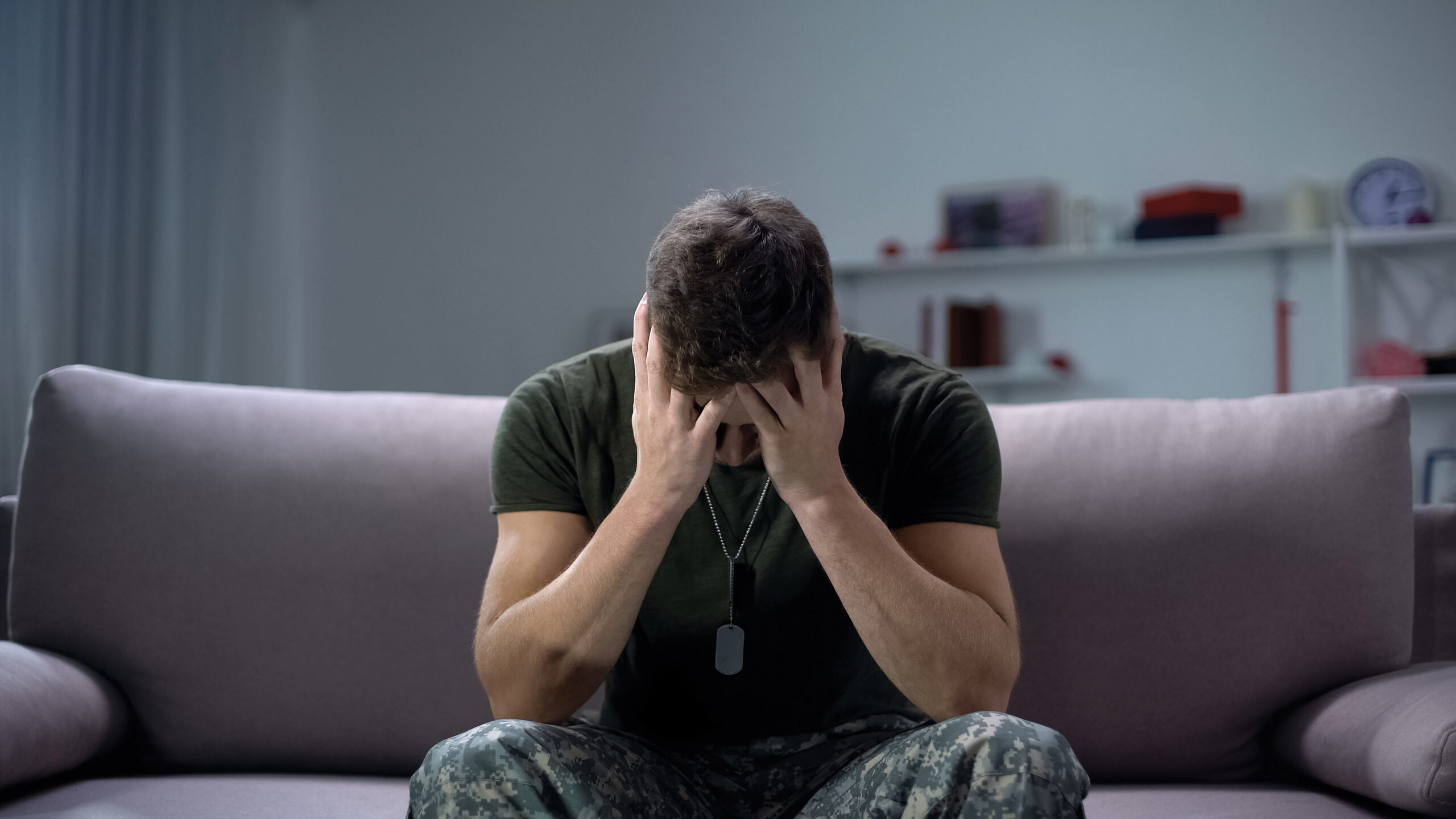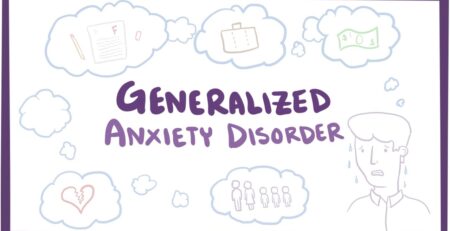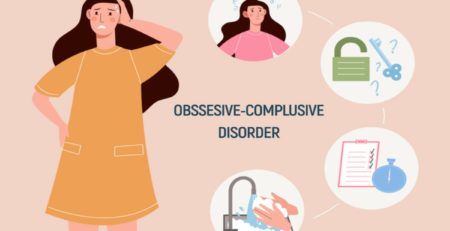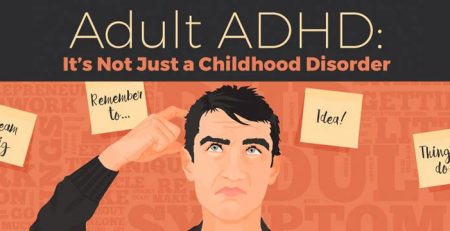Post Traumatic Stress Disorder (PTSD)
Post-traumatic stress disorder (PTSD) is a mental health disorder that can develop in individuals who have experienced a shocking or dangerous event. It is natural to feel afraid following a traumatic event, and the body’s “fight-or-flight” response kicks in to help defend against potential danger. While most people recover from initial trauma symptoms naturally, others may develop PTSD, experiencing symptoms such as intense fear, anxiety, and emotional numbing. People with PTSD may constantly feel on edge, even in safe situations. It is essential to seek professional help if you or a loved one is experiencing symptoms of PTSD to ensure proper treatment and care.
Signs and Symptoms
Trauma is a universal experience that comes in various forms. Although not all traumatized people may develop PTSD, most experience short-term symptoms. Contrary to popular belief, PTSD is not solely caused by dangerous events. For instance, the unexpected death of a loved one could also trigger the disorder. Symptoms usually emerge within three months of the traumatic incident, but some may not manifest until years later. To be considered PTSD, symptoms must be severe enough to disrupt relationships and work lasting more than a month. The illness’ trajectory is diverse: some recover in as little as six months, but others experience symptoms that continue for years. In some cases, PTSD becomes a chronic condition. Indeed, it is critical to recognize PTSD for what it is and provide the necessary support to those affected.
When it comes to assisting people with mental conditions, doctors with relevant expertise, like psychiatrists or psychologists, are critical. They are qualified to assess symptoms and diagnose Post Traumatic Stress Disorder (PTSD). It takes a knowledgeable individual to understand the implications of living with PTSD, thus making physicians experienced in this field invaluable. Furthermore, they can offer patients specialized advice on mentally navigating trauma and provide long-term follow-up. The combination of scientific assessment and compassionate counsel can prove beneficial for those suffering from PTSD.
To be diagnosed with PTSD, an adult must have all of the following for at least one month:
- At least one re-experiencing symptom: Recollection of memories can resurface at any given moment. No matter how trivial they seem, these memories can evoke various emotions and lead to disbelief. Re-experiencing symptoms could include repeating flashbacks to prior experiences with the corresponding feelings they entail or perceptions of endless reliving events leading to distress. Devastating nightmares that leave after a sense of unbearable guilt and helplessness in one’s control are also common among those who have gone through difficult felt experiences.
- At least one avoidance symptom: Most people develop behaviors to avoid certain difficult emotions or experiences in life. These habits, known as avoidance symptoms, can be anything from procrastinating tedious tasks to resorting to substance abuse to cope with stress. No fear or emotion is too small not to address, so rather than numbing it out, take some time to examine the cause of your avoidance symptom and tackle it head-on. Do not let something that could have been dealt with earlier spiral out of control by continuing to avoid it. Find ways to face uncomfortable feelings and situations, not just to press them aside, but more importantly, for their growth potential.
- At least two arousal and reactivity symptoms: Within the context of psychological distress, people often display aroused reactions to stressful situations. This can involve two main symptoms: increased arousal and spiking in reactivity levels. When an individual experiences a heightened state of arousal, they may face feelings such as agitation, lethargy, or irritability. And at the same time, it is common for them to demonstrate explosive outbursts or become overly defensive when encountered with stimulus. The resulting elevation in reactivity can prevent individuals from making sound decisions and lead to further unwelcome consequences. This increased arousal and heightened levels of reactivity can have vast effects on an individual’s physical and mental states if not confronted adequately.
- At least two cognition and mood symptoms: Within the context of psychological distress, people often display reactions to stressful situations. This can involve two main symptoms: increased arousal and spiking in reactivity levels. When an individual experiences a heightened state of arousal, they may face feelings such as agitation, lethargy, or irritability. And at the same time, it is common for them to demonstrate explosive outbursts or become overly defensive when encountered with stimulus. The resulting elevation in reactivity can prevent individuals from making sound decisions and lead to further unwelcome consequences. This increased arousal and heightened levels of reactivity can have vast effects on an individual’s physical and mental states if not confronted adequately.
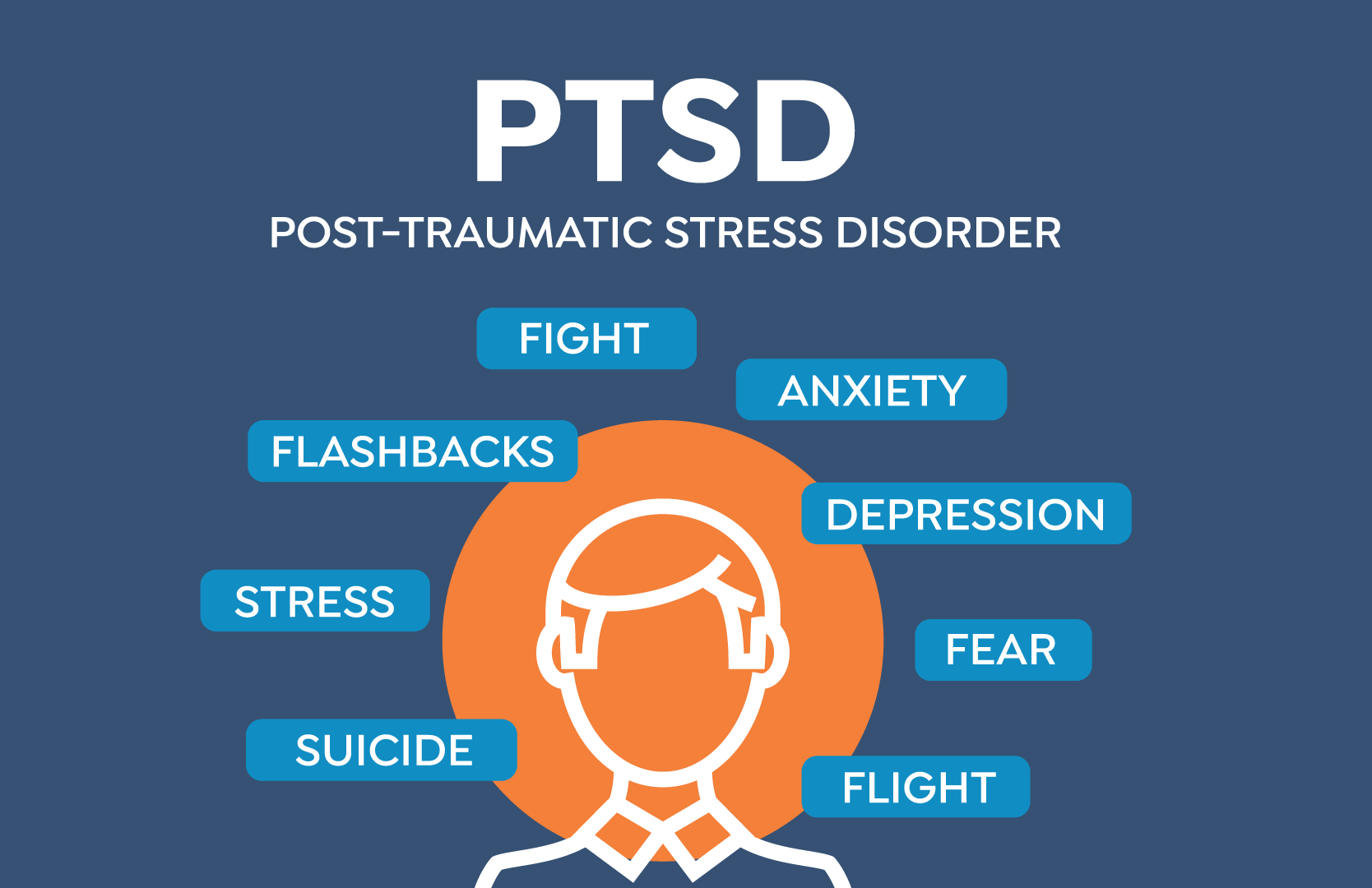
Do children react differently than adults?
Trauma is a heavy load for anyone, but children and teens seem to suffer an even heavier burden. Their reactions can be categorically different from adults. Even young children under six years old can react to trauma in ways that alarm their caregivers. They may be more clingy or avoid being held altogether. Their tone of voice may become flat or monotone, and their play could fixate on the traumatic event. Parents and caregivers need to understand these symptoms, as early intervention can help prevent long-term consequences. Though these reactions can be overwhelming, there is hope in the potential for recovery.
- Wetting the bed after learning to use the toilet: Once upon a time, a child finally learned the art of using the bathroom after months of practice. Inevitably, the occasional accident would happen, and often the sheets would be soaked in those misadventures. It is an understandable setback at any age but is most concerning when one seemingly has a handle on controlling processes like these. Nevertheless, they pressed on and eventually avoided further wetting reoccurrences until sometimes sound blankets and warmth tempt strange results despite best efforts. Truly strange indeed were these tales of ticking off one milestone only to be afflicted by another.
- Forgetting how to or being unable to talk: Facing the loud world with nothing more than a whispered ‘hello’ can be disheartening. The deafening silence from a closed mouth can result in the loss of a voice, and identity may slip away, forever hiding within individual minds, unable to be shared. Names become mumbled tones, and requests go unheard without further effort. Everyone struggles to relate when forgetting how to or being unable to talk is no longer possible.
- Acting out the scary event during playtime: Our imaginations were sparked, and a thrilling game began. We took turns acting out a frightening circumstance in our minds, exploring different possibilities filled with drama and surprises each step of the way. Taking on new roles and being absorbed in the moment, we used our creativity to bring this thrilling game to life with unexpected twists around every corner. Whether it was a zombie outbreak or a magical escape from mermaids, each round held something new for us to explore.
- Being unusually clingy with a parent or other adult: Being attached to a parent or other adult might seem natural. Still, it can range from concerning to downright awkward in some cases. Those on the receiving end might feel their personal space is being invaded. Kids may find comfort and security near a parent figure, not consciously understanding that this kind of close contact could make others uncomfortable. It can indicate underlying anxieties that a person may be feeling. Adults need to learn to face these anxieties so they can really experience social and interpersonal relationships once they leave the nest. To ward off potential issues in the future, helping kids gain emotional balance now might spare undue grief down the line. This is where healthy emotional boundaries become critical components of their education and should be enforced immediately—if necessary.
As children grow into their teenage years, they commonly display behaviors similar to those seen in adults. Along with physical symptoms of injuries, older children and teens may also demonstrate disruptive, disrespectful, or destructive actions that can be difficult for parents and caregivers to manage. In addition, as they mature and start to understand the consequences of their actions, they may feel guilty for things beyond their control, such as preventing injury or death. These feelings can contribute to thoughts of revenge and other harmful behaviors. It’s essential to seek help and support to address these issues and guide children toward healthier responses to stress and challenging situations.
Why do some people develop PTSD and other people do not?
PTSD is a potential outcome for individuals who experience dangerous events, but it’s essential to remember that not everyone will develop this disorder. Risk factors such as prior traumatic experiences, lack of support systems, and genetics can increase the likelihood of developing PTSD. On the other hand, resilience factors such as strong support networks, good coping skills, and positive attitudes can make people less likely to develop the disorder.
It’s essential to recognize that PTSD is not a sign of weakness, and seeking help is crucial for anyone struggling with these symptoms. Understanding the complex interplay between risk and resilience can help individuals and their loved ones better navigate the aftermath of traumatic experiences.
Risk Factors
Post-traumatic stress disorder (PTSD) is a condition that can affect anyone, regardless of age or background. It’s often associated with war veterans, but a range of traumatic experiences, including physical or sexual assault, abuse, accidents, disasters, and sudden deaths, can also trigger it.
According to the National Center for PTSD, about 7 or 8 out of every 100 people will develop PTSD at some point. Women are more susceptible to PTSD than men, and genetics can also play a role. Interestingly, not everyone with PTSD has experienced a dangerous event directly – some develop the condition after witnessing a traumatic event happening to someone else. PTSD is a complex condition; the more we understand it, the better equipped we can support those affected.
Some factors that increase the risk for PTSD include:
- Living through dangerous events and traumas: Living through dangerous events is a great challenge that not everyone has to endure. It can leave an emotional scar that even time cannot heal. Trauma is something that runs deep as an individual experience deep pain and anguish. It often hits you in the moments afterward when your reality sets in, leaving you sad and empty. Even when talking to those closest to you, you will sometimes find silence as an adequate answer. For the brave souls going through such desperate circumstances, it’s important to remain strong and remember there will be better days ahead.
- Getting hurt: The sudden pain of getting hurt is enough to stop you in your tracks. Being injured can be terrifying, as you realize so much life lies ahead of the healing process. Your body takes a while to readjust and realign the strained parts, and relapse into recovery will not come overnight. For many who get hurt, it takes more emotional than physical strength to restore oneself to full functioning; time combined with countless visits to medical professionals and belief in yourself set the stage for recovery. The emotional distance between before and after gathering hurt can’t be walked back but survived through, every moment surprising even yourself at how livable you’ll come out in the end.
- Seeing another person hurt or seeing a dead body: Witnessing someone else’s immense suffering is a heartwrenching experience. You can feel their timidness and disinclination to self-medicate as one despair at the sight of them downcast and almost lifeless. Your innocent soul seizes as you analyze their vulnerable and compassionate state. A glance at an individual lost beneath the grieving darkness is enough to traumatize most people and put into perspective how futile others may consider life to be. Such an uncomfortable visualization will stick with them forever, leaving itself uncurable in their memory. The thought of grasping death in tangible form, portraying life with all its features ceasing ever so slowly, immerses a drastic change within an optimistic being hardened on optimism and hope but dwindled on defeat shortly after, signifying no matter how rich you may be in spiritual or economic terms, this demise awaits each one in silence somewhere along the line…
- Childhood trauma: Childhood trauma can devastate a youth’s future physical, mental, and emotional health. Studies have found that childhood trauma significantly affects social and psychological functioning even into adulthood. Recent research suggests that those with untreated traumatic experiences between 0 and 10 may more likely develop significant problems such as depression, post-traumatic stress disorder, low self-esteem, and difficulty creating healthy interpersonal relationships later in adulthood. Furthermore, it is not uncommon to find ingrained maladaptive behavioral patterns in those who have experienced childhood disruptions, such as increased anger and aggression, or performing behaviors like substance abuse to alleviate some of the psychological turmoil associated with untreated childhood trauma. It is paramount for those affected by childhood traumas to seek professional help to ensure confidence going forward in all aspects of their lives.
- Feeling horror, helplessness, or extreme fear: Terror coursed through their veins, a fear so immense that it felt like death was peering over their shoulder. Helplessness gripped the room, an overwhelming sensation taking hold of all who breathed the same air. Raw, irrational terror filled the space with uncertain dread and sparked panic within each person present. It was as if no one at that moment could protect themselves from the things they did not yet understand.
- Having little or no social support after the event: Life can be overwhelming when faced with a significant event, forcing us to rely on our resilience to bolster us through tough times. Unfortunately, the hardships don’t end there; we often lack adequate social support, isolated and alone. This may lead to deep despair and take longer to process the experience fully. Those facing financial pressures may feel panicky if they cannot turn to family members or friends for help and worry they’ll have to confront the situation in isolation. Equally as challenging is dealing with doubt, confusion, or fear with just ourselves as an ally rather than someone who can have another perspective or share insights. When it comes down to it, when going through stressful things like this having some perceived reassurance and comfort in knowing someone is there is invaluable yet hard to attain without the proper forms of social support.
- Dealing with extra stress after the event, such as the loss of a loved one, pain injury, or loss of a job or home: The event may have created additional stress that cannot be ignored. It could have included losing a beloved family member, intense physical pain, or unemployment, causing one to become homeless. Experiencing such hardships can be emotionally exhausting and devastating for anyone who has faced it. During this period, there needs to be understanding, acceptance, and tenderness from those close by to provide emotional support and stability.
- Having a history of mental illness or substance abuse: Having a history of mental illness or substance abuse can be an overwhelming yet unavoidable reality for some people. The struggles associated with this are often heavily stigmatized and misunderstood, mainly by the general public. Feeling ostracized and inadequate can be an unsurprisingly common consequence of this situation that those within must come to terms with. Despite being misrepresented, many have still managed to seek ways of understanding these experiences to seek solace and advice. With heartfelt personal reflections, they have found power in sharing their stories with others, leading to a strengthened sense of resilience and compatibility. Stories of courage begin to manifest through others who may see themselves or discover comfort in their ordeals, refining the role which moments of unrest held each into a signifier all its own reflective of solidarity, friendship, similar plight, and aspirations all-inclusive.
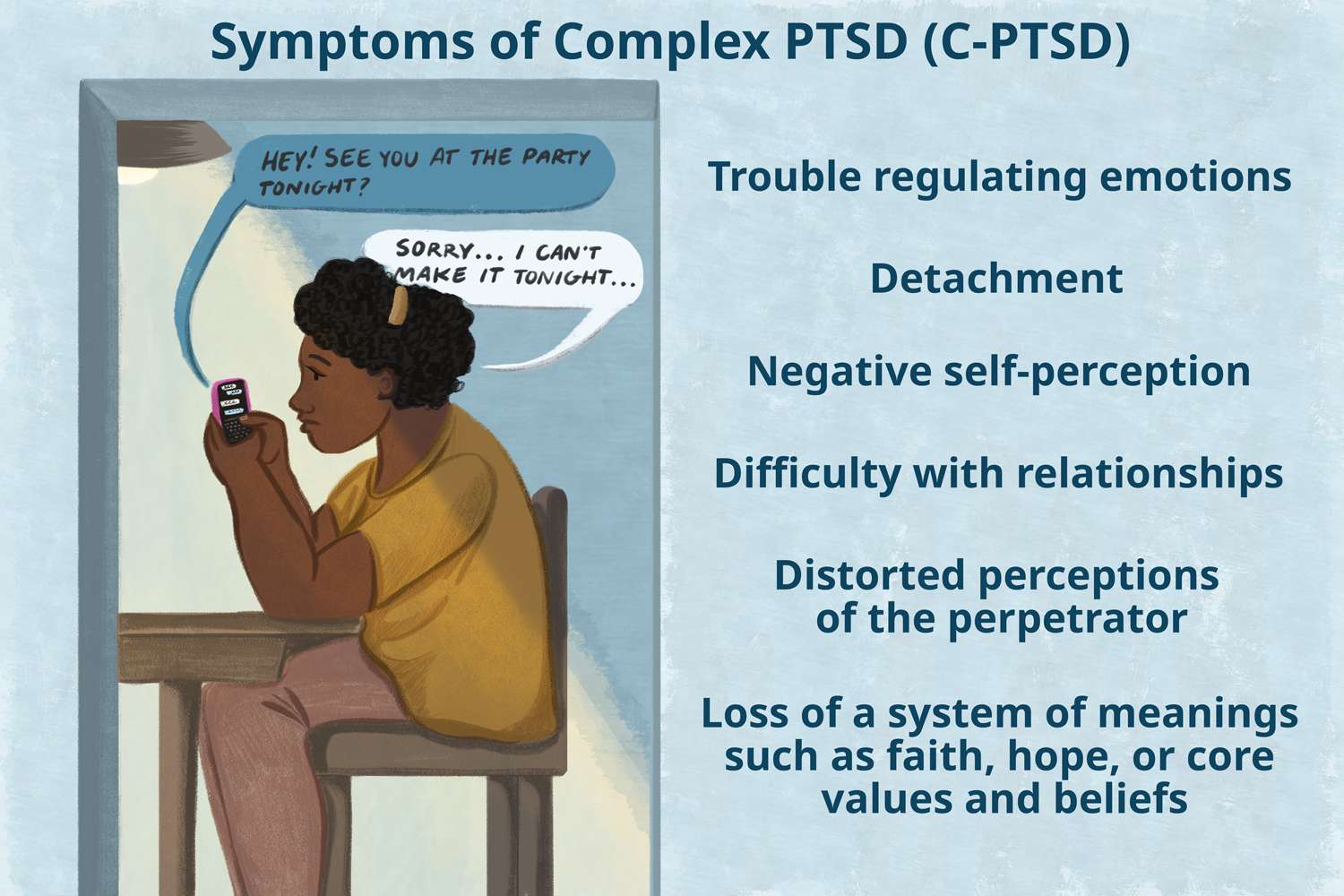
Some factors that may promote recovery after trauma include:
- Seeking out support from other people, such as friends and family: Having close friends and family support can help us stay strong during hard times. Turning to the people who love us most during duress is essential to help guide us during challenging moments. Finding allies and associates who genuinely care about our well-being gives us strength and assistance to endure more difficult circumstances. Reaching out for additional help can bring resolution in times of chaos and despair. The comfort of knowing that some are committed to hearing our story and providing encouragement sustains hope despite any barrier that hangs in front of us.
- Finding a support group after a traumatic event: Having close friends and family support can help us stay strong during hard times. Turning to the people who love us most during duress is essential to help guide us during challenging moments. Finding allies and associates who genuinely care about our well-being gives us strength and assistance to endure more difficult circumstances. Reaching out for additional help can bring resolution in times of chaos and despair. The comfort of knowing that some are committed to hearing our story and providing encouragement sustains hope despite any barrier that hangs in front of us.
- Learning to feel good about one’s actions in the face of danger: In moments of peril, having a sense of pride in what you can accomplish can feel most difficult. Yet, learning how to rightfully esteem your initiatives rightfully, even when the odds seem stacked against you, is beneficial for personal growth. Accepting responsibility for your actions or adequate responses to challenging conditions is nothing to understate or discount. Feeling accomplished during duress provides motivation and pushes the boundaries on the reach of capability. There is no substitute for feeling confident in your abilities and judgment when outside factors weigh heavily in aggravation. Strengthening inner power amidst turmoil is essential to living a wholesome life.
- Having a positive coping strategy or a way of getting through the bad event and learning from it: Having a positive coping approach can be powerful under challenging scenarios. This can involve stepping back and discovering the best way to confront the challenges. Learning from struggles is essential, allowing us to identify patterns and develop solutions that help us develop better willpower and strength regardless of the situation. Not only does having a plan give us direction and help prepare us, but it also gives us hope: demonstrating that even during the most damaging ordeals, something constructive can be found. Although bad situations certainly bring pain and suffering, something is empowering about viewing them as learning experiences rather than merely unfortunate disasters.
- Can you respond effectively despite fear: Afraid of the unknown or uncertainties? It’s okay. Knowing how to handle yourself well in stressful situations will help you. Even when dealing with doubt and fear, you can still be responsive and take usable action. Fear is teaching you; learn from it and trust your capacity to stay calm, collected, determined, and focused while accomplishing each task at hand gracefully. Our lives are beset by moments of trepidation and anxiety but know that despite fear, the ability to react effectively still resides within us all!
Researchers are delving into the complexities of PTSD and examining additional factors contributing to a person’s risk or resilience. Genetics, neurobiology, and other variables are being studied to understand better how people respond to traumatic events. With additional research, there is hope that we can one day predict who is at a higher risk of developing PTSD and then create effective prevention measures. This would mark a significant step forward in mental health care, allowing medical professionals to intervene early and improve the likelihood of successful treatment.
Treatments and Therapies
When treating PTSD, there are a few options to consider. Medications, psychotherapy, or a combination of both can help alleviate symptoms. However, it’s crucial to remember that everyone is different, and no single formula for success exists. What may work for one person may not work for another.
Individuals with PTSD need to seek a mental health professional with experience in treating PTSD. It’s not uncommon for treatment to require some trial and error, as symptoms vary. Additionally, treating both issues simultaneously is crucial in cases of ongoing trauma, such as an abusive relationship. Those struggling with panic disorder, depression, substance abuse, or suicidal ideation should also receive targeted therapy with their PTSD treatment.
PTSD is a common mental health disorder, and anyone affected by trauma can potentially develop PTSD symptoms, regardless of age or gender. If you or someone you know experiences any signs or symptoms of PTSD, please do not hesitate to ask for help. Professional treatment plans can provide relief and support to those who are struggling with the effects of PTSD. Group therapy provides a sense of belonging that can aid in healing from traumatic events. It is important to note that all forms of treatment aim to reduce the intensity of symptoms, if not eliminate them. If you would like to learn more about your options for treating post-traumatic stress disorder, our team is available to answer any questions you might have— please get in touch with us today to schedule an appointment.
